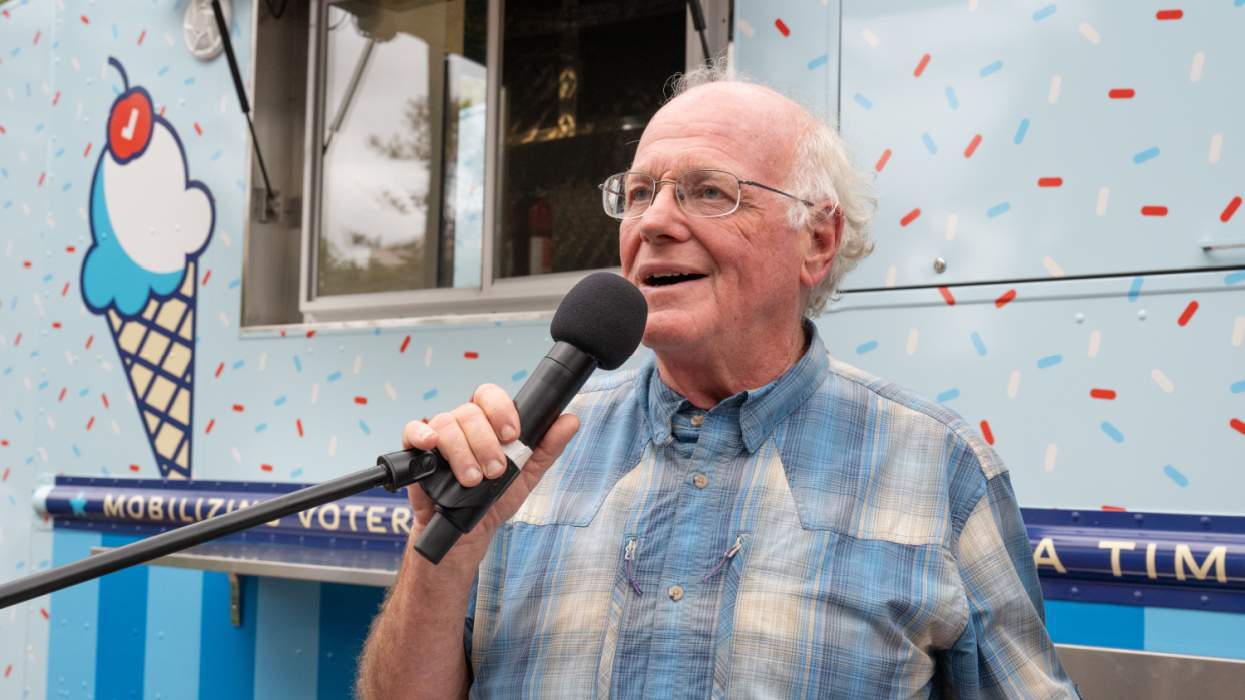The majority of Americans support nondiscrimination laws for LGBTQ+ people — even those who are religious or live in red states.
Keep up with the latest in LGBTQ+ news and politics. Sign up for The Advocate's email newsletter.
While support for LGBTQ+ rights differs by state, it remains strong among most Americans. More than 75 percent support nondiscrimination laws, including 71 percent of red state residents, 75 percent in battleground states, and 79 percent in blue states, according to a new survey of more than 22,000 American adults by the Public Religion Research Institute.
This was also found across religions, as "strong majorities" of Americans — including most people of faith — support LGBTQ+ nondiscrimination protections in housing, employment, and accommodation.
The majority of those in red states (54 percent) are also opposed to religious refusals, compared to 58 percent in battleground states and 66 percent in blue states. By political alignment, a majority of Independents (59 percent) and most Democrats (82 percent) oppose allowing small business owners to refuse service to LGBTQ+ people based on their religious beliefs, compared to 40 percent of Republicans.
Majorities across all states also support marriage equality, with some variation. In states where marriage equality would continue if the Supreme Court’s 2015 Obergefell decision were overturned, 72 percent of people favored allowing same-sex couples to marry, compared to 64 percent of those in states where marriage equality would no longer be legal if Obergefell were overturned.
While support for LGBTQ+ protections remains high, it has declined slightly in the last year. Support for marriage equality decreased from 69 percent to 67 percent between 2022 and 2023, and support for nondiscrimination laws also dipped from 80 percent to 76 percent. Religious refusal opposition dropped from 65 percent to 60 percent.
However, a large number of Americans (38 percent) say that LGBTQ+ rights is one of the factors they will consider in upcoming elections, with 38 percent of Democrats and young voters (ages 18-29) saying they would only vote for a candidate who shares their views on the issue.
















Charlie Kirk DID say stoning gay people was the 'perfect law' — and these other heinous quotes
These are some of his worst comments about LGBTQ+ people made by Charlie Kirk.